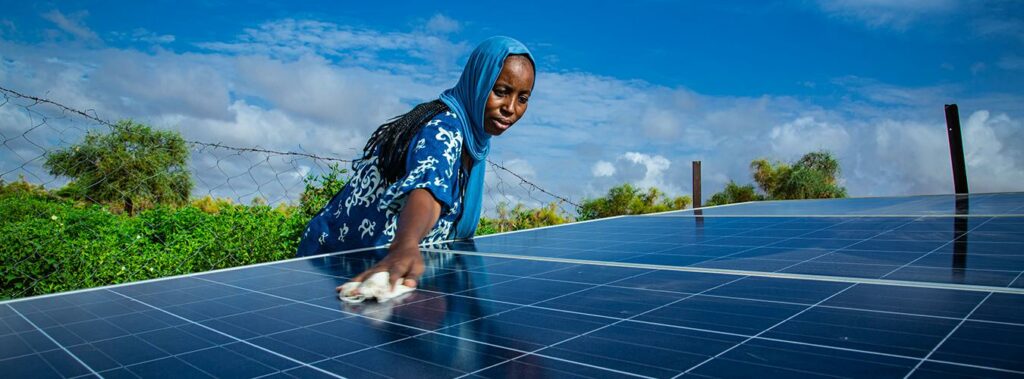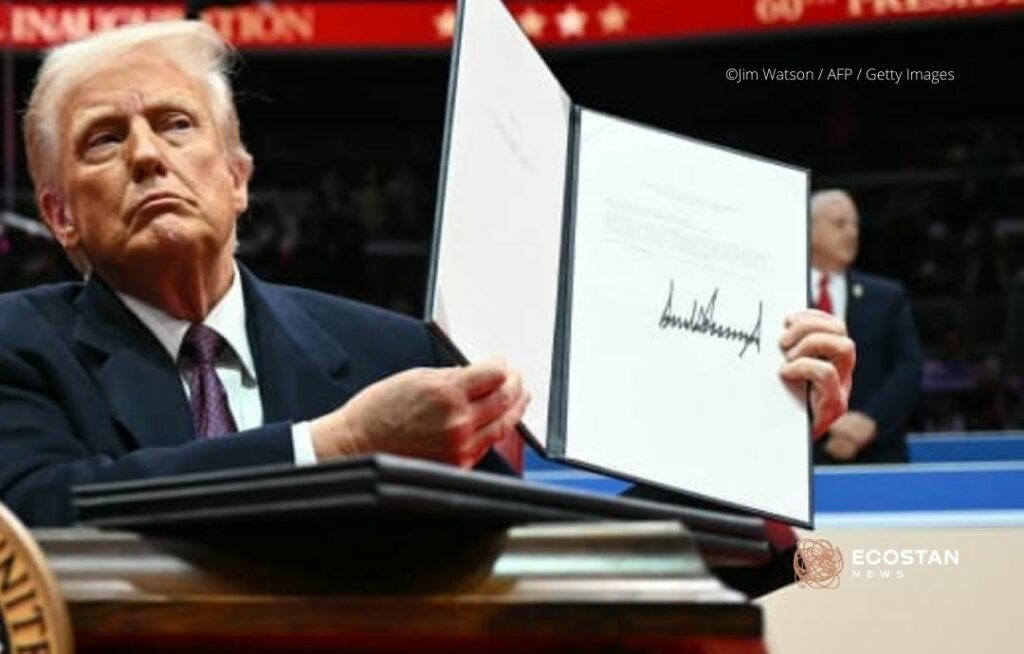A new report from UN Climate Change has underscored that the national climate action plans of various nations fall short of the necessary measures to restrict global temperature rise to the crucial 1.5 degrees Celsius target set by the Paris Agreement. Despite increased efforts by certain countries, the report emphasizes that urgent and substantial action is imperative to redirect the world’s emissions trajectory downward and avert the severe consequences of climate change.
Simon Stiell, the Executive-Secretary of UN Climate Change, expressed concern, stating, “Today’s report shows that governments combined are taking baby steps to avert the climate crisis.” He called for bold strides to be taken at COP28 in Dubai, emphasizing the pivotal role this conference must play in setting a clear turning point for climate action.
Stiell stressed the significance of the first global stocktake at COP28, where nations can rejuvenate momentum to enhance their efforts across all sectors and align with the objectives of the Paris Agreement. The stocktake is designed to inform the upcoming climate action plans (Nationally Determined Contributions or ‘NDCs’) to be presented by 2025, providing a foundation for accelerated action.
The report indicates that the latest science from the Intergovernmental Panel on Climate Change underscores the urgent need for a 43% reduction in greenhouse gas emissions by 2030 compared to 2019 levels. This reduction is crucial to limit the temperature increase to 1.5 degrees Celsius by the end of the century and mitigate the severe impacts of climate change.
While acknowledging the progress made by some countries, the report reveals that if current NDCs are implemented, emissions will still increase by approximately 8.8% by 2030 compared to 2010 levels. This marks a marginal improvement from the previous assessment but emphasizes the necessity for more ambitious action.
To achieve emission peaking before 2030, the report asserts that the conditional elements of the NDCs need implementation, contingent on enhanced financial resources, technology transfer, technical cooperation, and capacity-building support.
In response to these findings, Stiell emphasized the importance of COP28 as a game-changer, stating, “COP28 is our time to change that.” He highlighted the immediate benefits of bolder climate action, including job creation, economic growth, pollution reduction, and improved health.
The report serves as a clarion call for increased ambition and urgency in meeting the goals of the Paris Agreement. Dr. Sultan Al Jaber, COP28 President Designate, echoed this sentiment, asserting that COP28 must be a historic turning point. Sameh Shoukry, COP27 President and Egypt’s Foreign Minister, emphasized the need to continue seeking climate justice and assisting the Global South in transitioning to sustainable economies.
In a parallel report, UN Climate Change examined long-term low-emission development strategies, revealing that countries’ plans to achieve net-zero emissions by mid-century could lead to a 63% reduction in emissions by 2050 compared to 2019 levels, if fully implemented on time.
As the world awaits COP28 in Dubai from 30 November to 12 December, the urgency to address climate challenges is more evident than ever, signaling the need for immediate and concerted global climate action
Read original article here:



